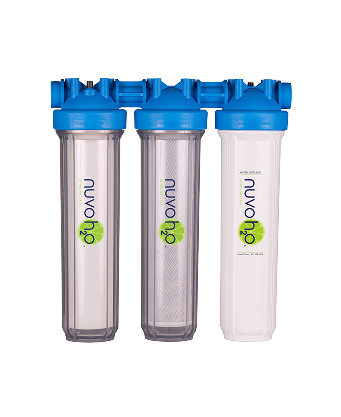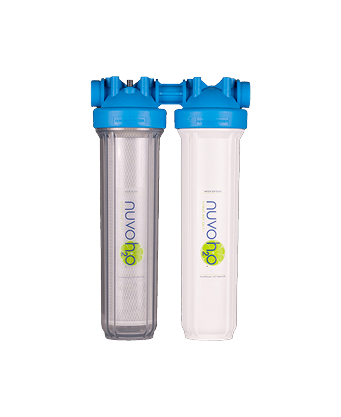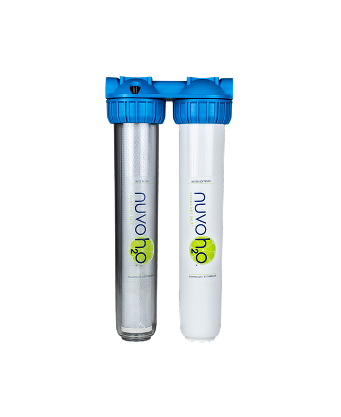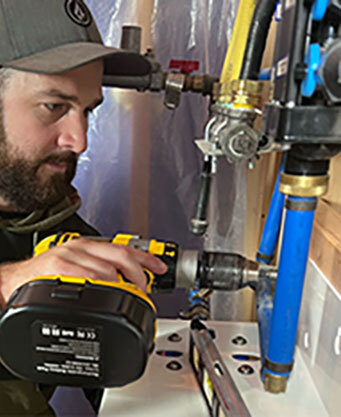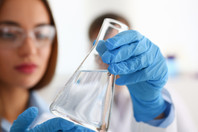
Deionized vs. Distilled Water: Which Is Right for Your Home?
5th Aug 2025
When you start diving into water purification, you’ll eventually come across two terms that sound almost interchangeable: deionized water and distilled water.
They’re both ultra-clean. They’re both stripped of impurities. But they’re not the same, and knowing the difference could help you make a smarter decision for your home, appliances, or specific water needs.
Whether you’re a homeowner curious about better water quality or just trying to figure out if DI water (short for deionized water) is right for your situation, we’ve got you covered. This guide breaks down the key differences between deionized and distilled water, how they’re made, where they’re used, and what that means for you.
What Is Deionized Water?
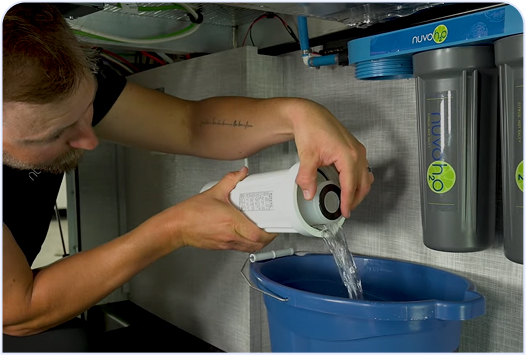
Deionized water—also called DI water—is water that’s been stripped of its mineral ions. That includes calcium, magnesium, iron, chloride, sulfate, and other charged particles. This is done through a process called ion exchange, where water is passed through resin beds that pull out the charged minerals.
You might hear people call it demineralized water, and while technically accurate, deionization is just one method used to achieve demineralization. (Other methods include reverse osmosis or distillation.)
So, what is deionized water used for? You’ll usually find it in labs, industrial manufacturing, pharmaceuticals, and electronics production, anywhere that even trace minerals could cause a problem. It’s not typically used for drinking, but we’ll get to that in a minute.
What Is Distilled Water?

Distilled water is purified through heat. The water is boiled until it turns into steam, and then that steam is captured and cooled back into a liquid, leaving minerals, salts, and many contaminants behind.
This old-school method of purification has been around for centuries, and while it’s slow and energy-intensive, it produces very clean water.
Distilled water is great for:
- CPAP machines
- Steam irons
- Aquariums
- Humidifiers
- Medical equipment
Is distilled water safe to drink? Yes. But like deionized water, it has no minerals, so it may taste flat and isn’t always ideal as your sole source of hydration long term.
Deionized Water vs Distilled Water: How They Compare
|
Feature |
Deionized Water (DI Water) |
Distilled Water |
|
How It’s Made |
Ion exchange through resin beds |
Boiling and condensing steam |
|
What It Removes |
Charged mineral ions |
Minerals, bacteria, and many impurities |
|
What It Might Leave Behind |
Microbes, organic compounds, and VOCs |
VOCs (unless carbon filtered) |
|
Electrical Conductivity |
Low (non-conductive) |
Can conduct electricity |
|
Taste |
Flat, “empty” |
Flat, neutral |
|
Best Uses |
Labs, industrial processes, electronics |
CPAPs, irons, humidifiers, aquariums |
|
Safe to Drink? |
Technically, yes, but not ideal |
Yes |
|
Cost/Efficiency |
Efficient, fast, resin needs replacing |
Energy-intensive, slow process |
Is Deionized Water the Same as Distilled Water?
It’s a common question: Is deionized water the same as distilled water?
The short answer is no.
Longer answer: They’re both purified, but they tackle water treatment in very different ways.
Deionized water removes mineral ions, those electrically charged particles that cause buildup or interfere with precision work. Distilled water removes almost everything, including microbes, through boiling and condensation.
So, while both types of water are free from minerals, they’re not interchangeable for every use case. If you need water that’s free of ions and bacteria, for instance, distillation might be a better fit. If you're in a lab or electronics setting where conductivity matters, deionized water is your go-to.
Distilled vs Deionized Water for Home Use
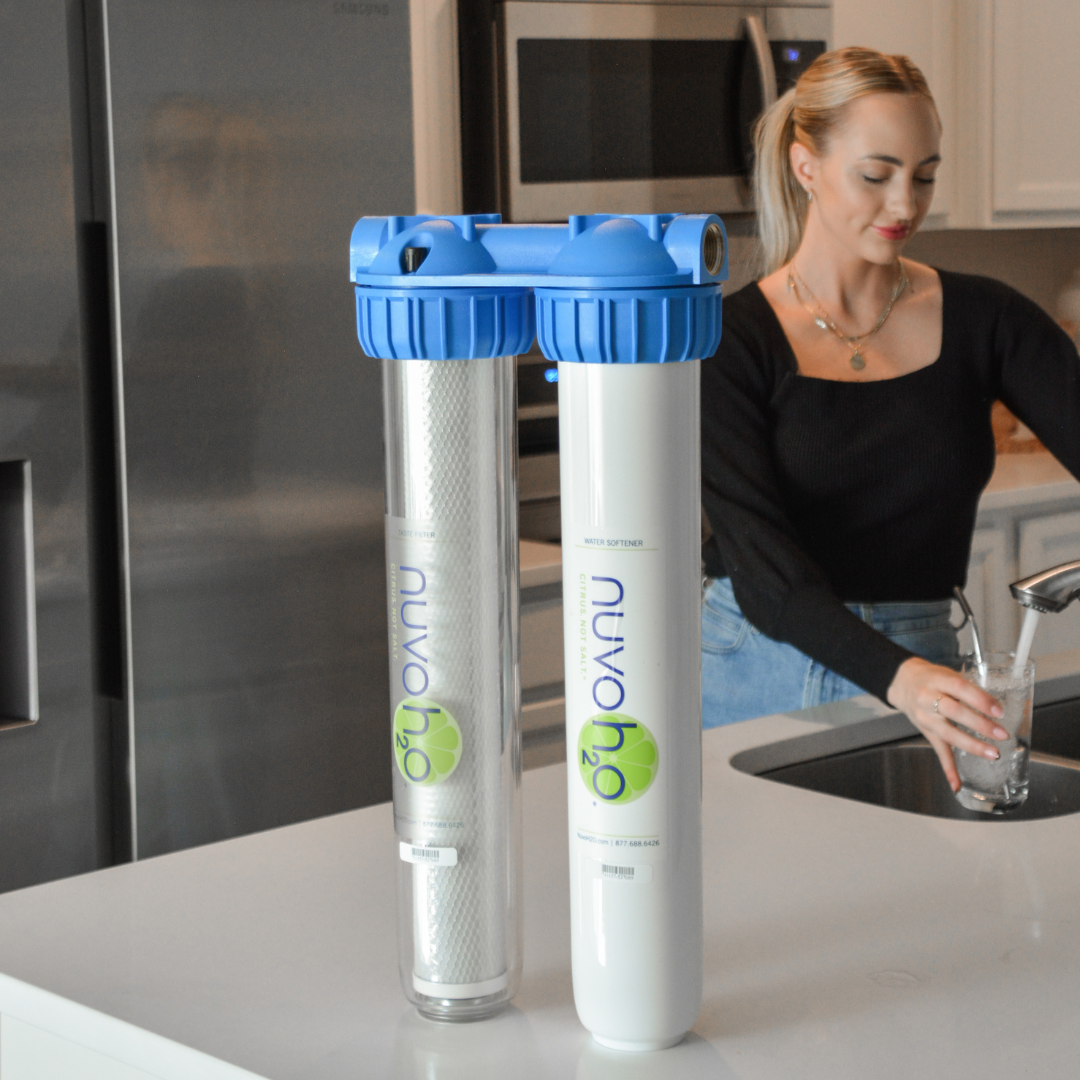
Here’s where it gets practical. If you’re a homeowner trying to protect your appliances, reduce mineral buildup, or improve water quality, here’s what to know:
- Distilled water is more widely available for everyday household tasks.
- Deionized water is overkill unless you're doing precision work (like mixing solutions, filling batteries, or manufacturing electronics).
- Both types of water are mineral-free, but not necessarily ideal for everyday drinking, since your body benefits from some trace minerals in water.
Instead of going fully demineralized, many homeowners turn to salt-free water softeners or reverse osmosis systems that strike a balance, removing hardness and impurities without leaving water too “empty.”
Explore NuvoH2O’s whole-home systems to see how we naturally reduce mineral buildup without stripping water bare.
Which Is Better: Deionized or Distilled?
It depends on your needs.
- Need ultra-pure water for electronics, lab work, or manufacturing? Go with deionized water.
- Using it for household appliances, humidifiers, or general cleaning? Distilled water is a solid option.
- Want cleaner, softer water throughout your home without dealing with salt or mineral residue? Consider a salt-free softening solution like NuvoH2O.
Finding the Right Water for Your Life
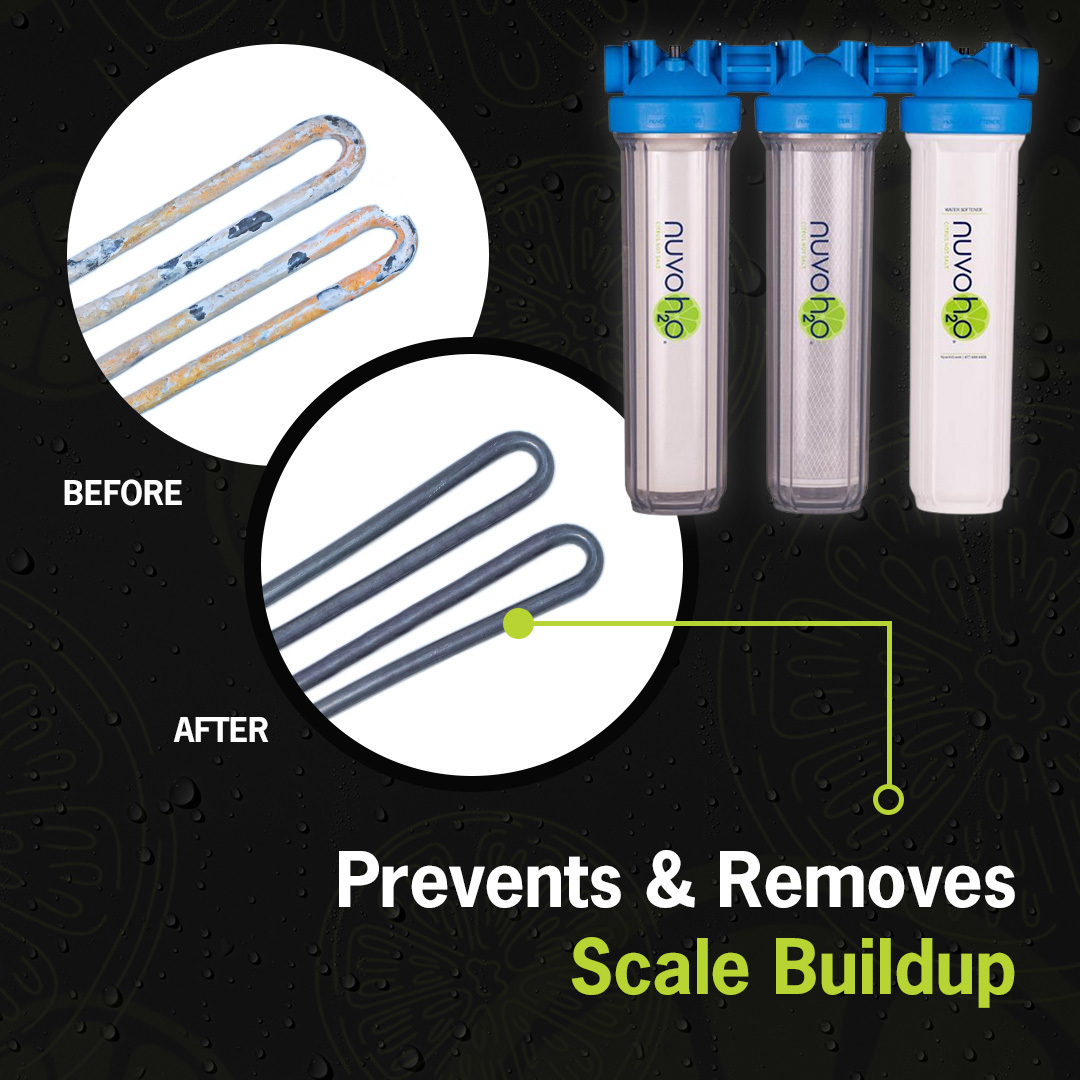
Understanding the difference between distilled and deionized water can help you make smarter choices, especially when it comes to protecting your home or business from hard water problems.
So, whether you’re wondering, “Is distilled and deionized water the same?” (they’re not) or trying to decide which is right for your aquarium, lab, or coffee machine, the answer comes down to what you’re using it for.
For most homeowners, the sweet spot is somewhere in between—clean, softened water that still feels natural, works well with your appliances, and tastes great straight from the tap.

